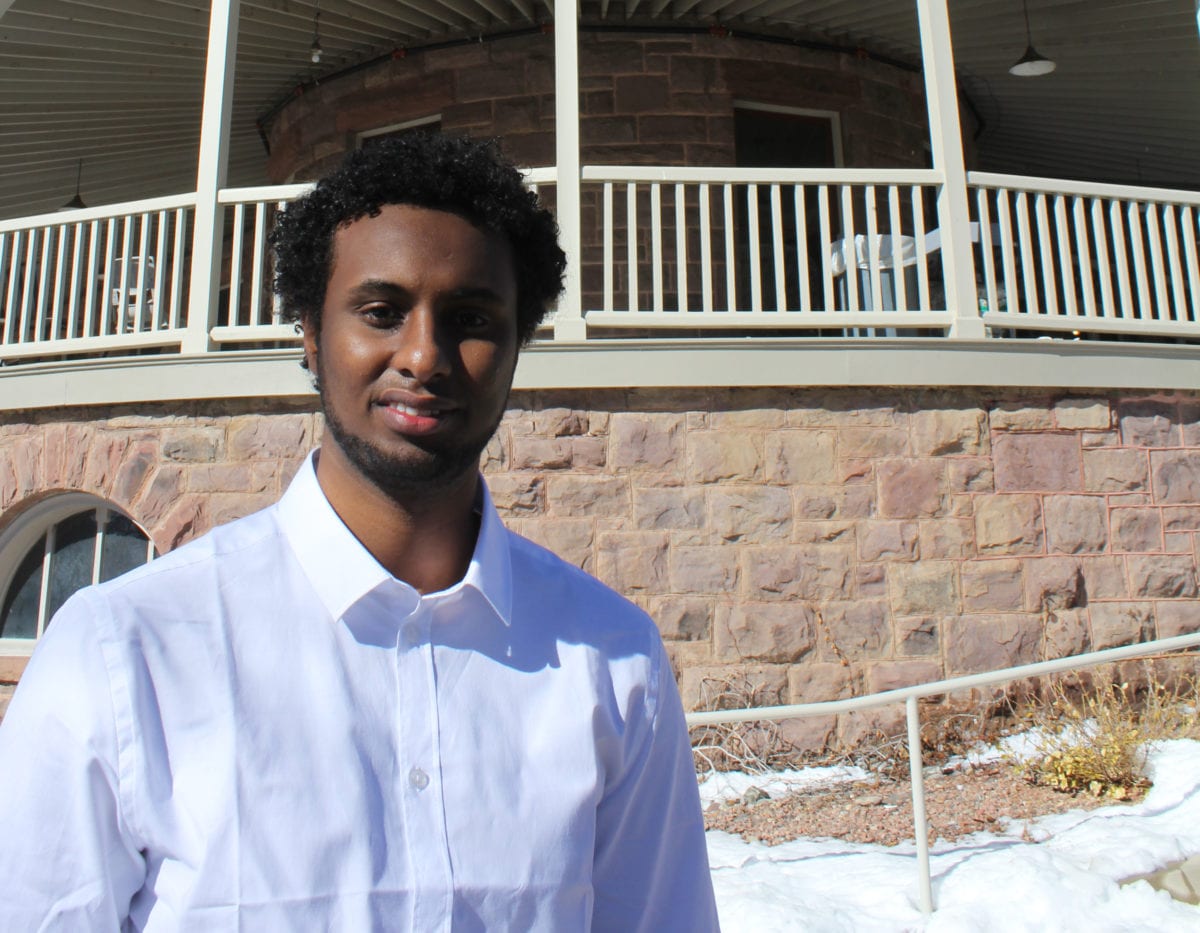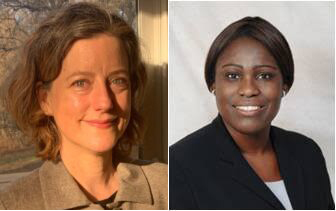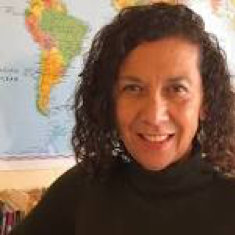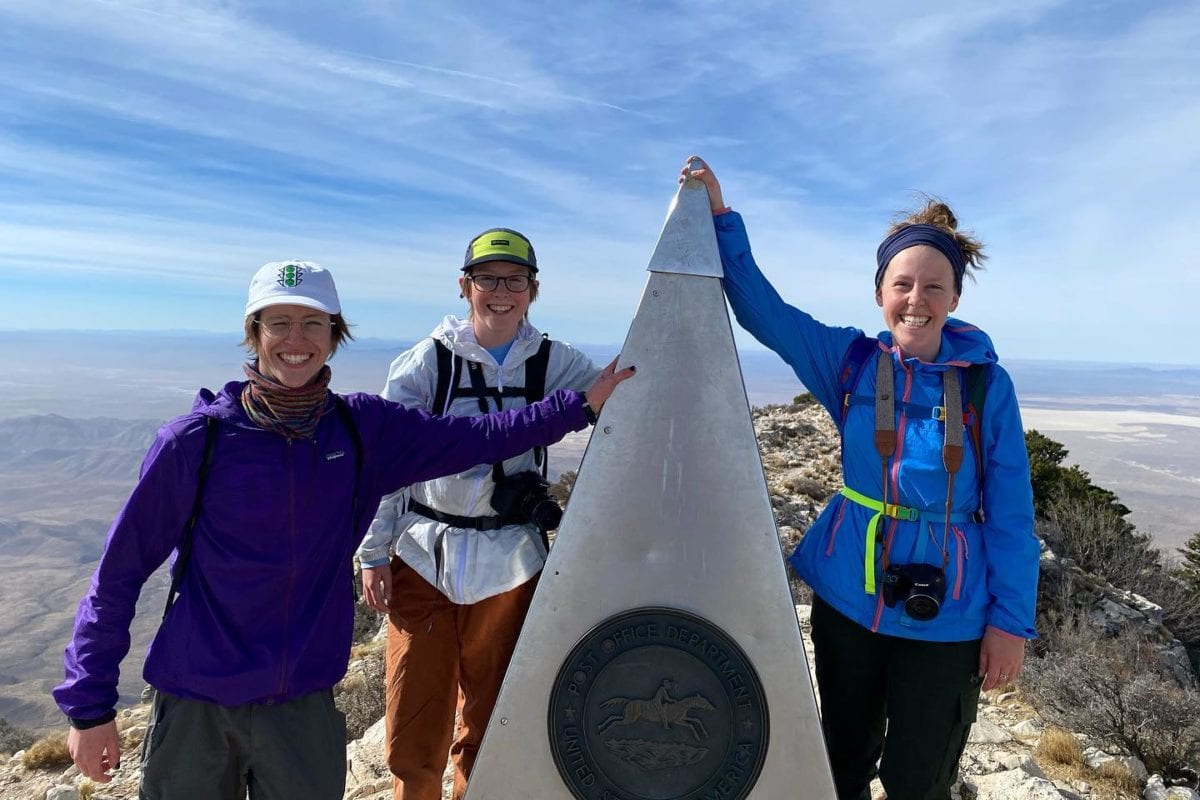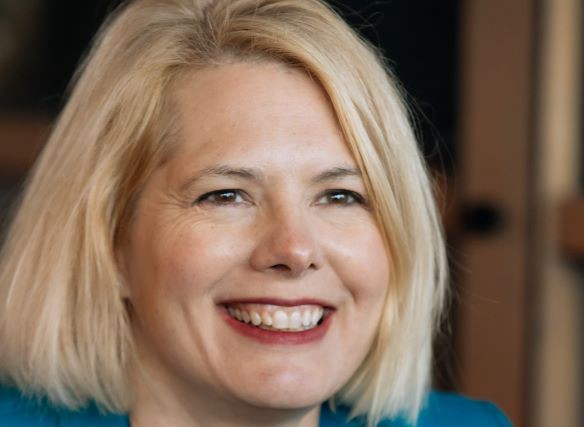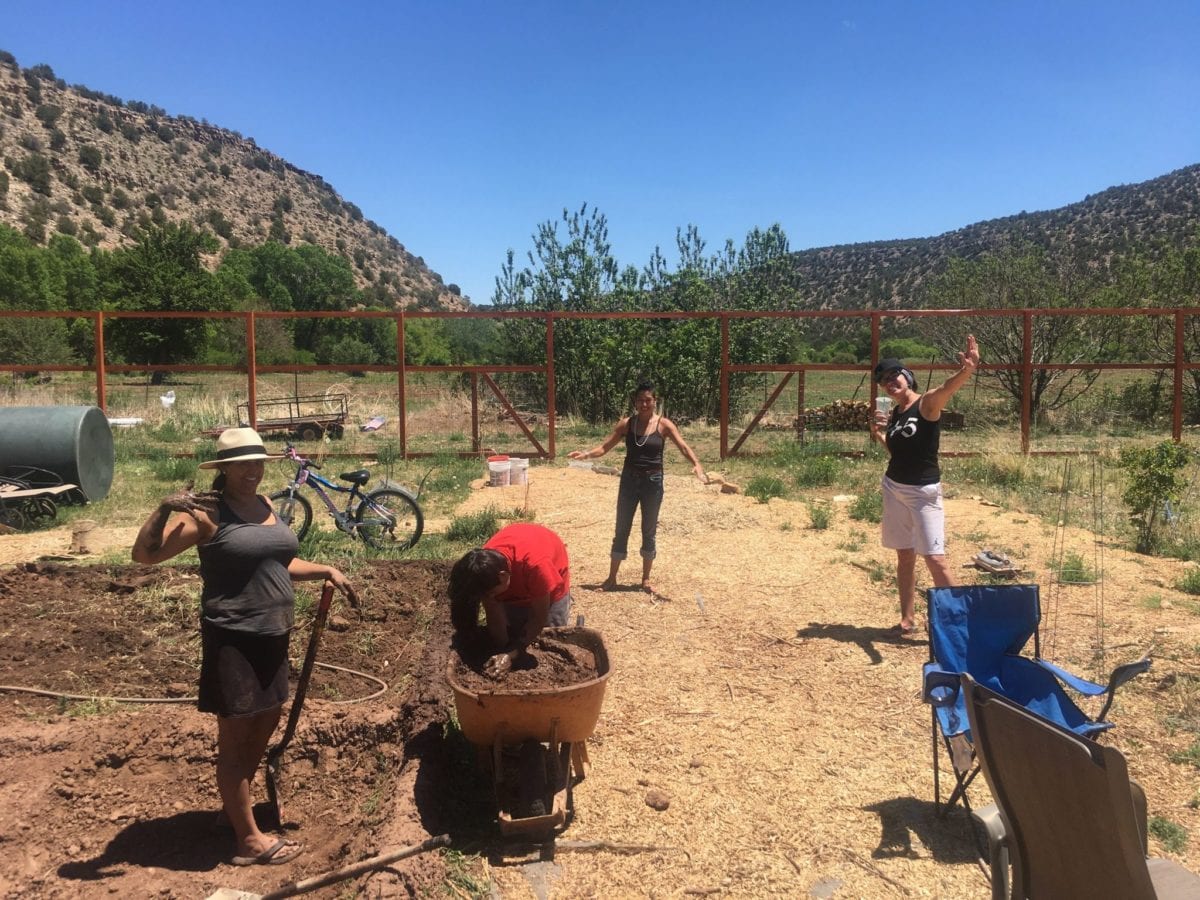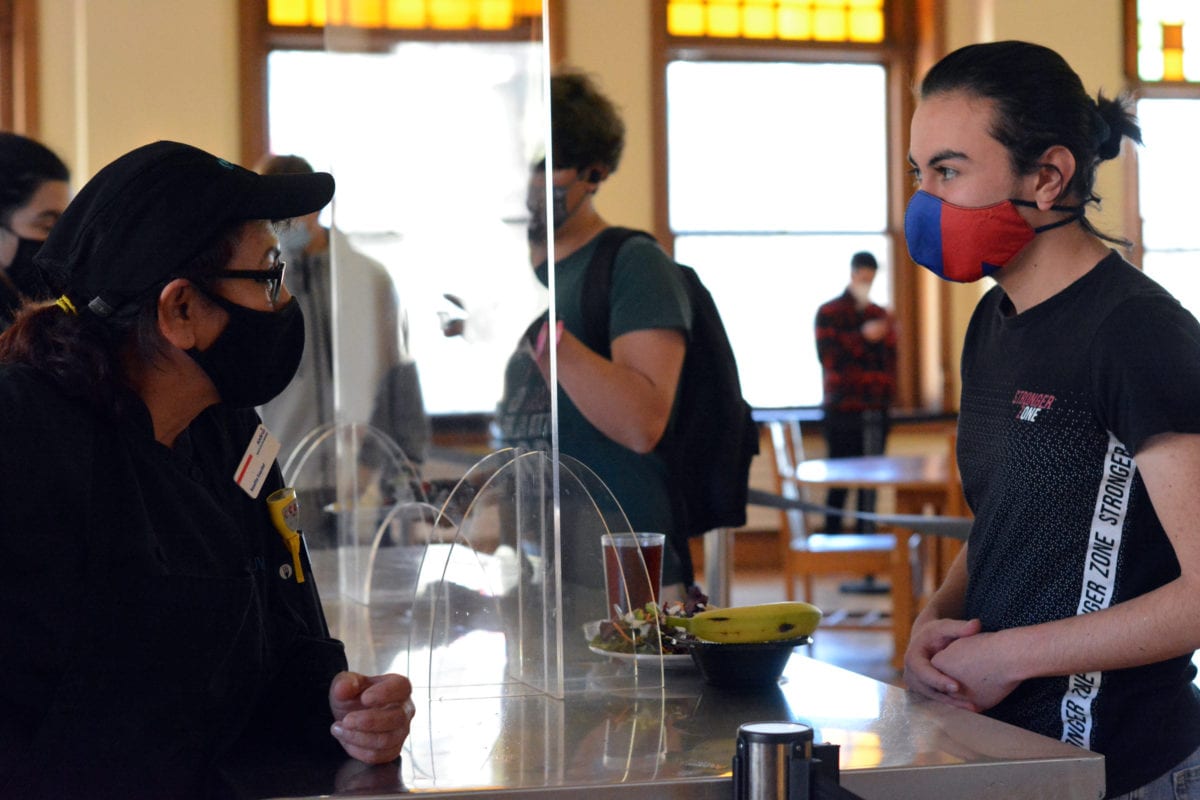Like generations before him, Yasin Yousuf was destined to herd camels, goats, and sheep. Fate however, took the 22-year-old from Somaliland down a most unexpected path.
A second-year student at the United World College-USA, Yasin has received a full scholarship to attend Massachusetts Institute of Technology, one of the world’s most prestigious schools with a less than 7 percent acceptance rate. The scholarship is valued at $84,000 a year. Yasin is considering studying either computer science or electrical engineering.
Yasin didn’t think he had a chance to be accepted, particularly coming from Somaliland – a region of Somalia that isn’t recognized by any other country. He also had doubts when faced with questions about his family’s finances.
One of 11 children, Yasin was the third son born to his parents in three years. His grandmother offered to help his struggling mother by moving then 3-year-old Yasin to her home in another village. No longer a nomad, Yasin defied the odds and got to attend school.
“I’m lucky and I’m grateful,” he said. “I got the fortune they (his siblings) never got because the village had a school.”
In eighth grade, Yasin received one of the highest scores in Somaliland to continue his high school education at SOS Children’s Villages, a boarding school.
After graduating at age 19, Yasin had few options for college in his homeland, but was accepted to UWC Robert Bosch College in Freiburg, Germany; he learned about UWC from a student at SOS. Yasin’s visa was denied and his education delayed. The following year, Yasin received his visa to attend UWC-USA.
Abaarso School of Science and Technology helped facilitate the UWC application. Yasin also took classes at Abaarso for one semester. Founded in 2008 by Jonathan Starr, an American hedge fund tycoon who moved to Somaliland and set up a school for brilliant kids who otherwise wouldn’t have a chance.
Yasin said there’s no way he can describe the opportunity to study at MIT.
“I’m actually excited instead of nervous,” he said. “I like to challenge myself.”
UWC-USA turned out to be a place that challenged him both academically and personally. He worked closely with all of his teacher and enjoyed his science classes very much. His experiences in the wilderness program also helped him work more closely with others.
Due to travel restrictions, Yasin has not returned to Somaliland since arriving in the United States in the fall of 2019, but stays with an uncle in Houston during breaks. The uncle also helps out Yasin with pocket money.
Yasin believes education is one of the best ways to break the cycle of international generational poverty. He hopes to one day make it possible to educate his younger siblings and his own children.
“What if some of my brothers and sisters would have had the fortune to go to school?” he said. “Their future would then be like mine.”

